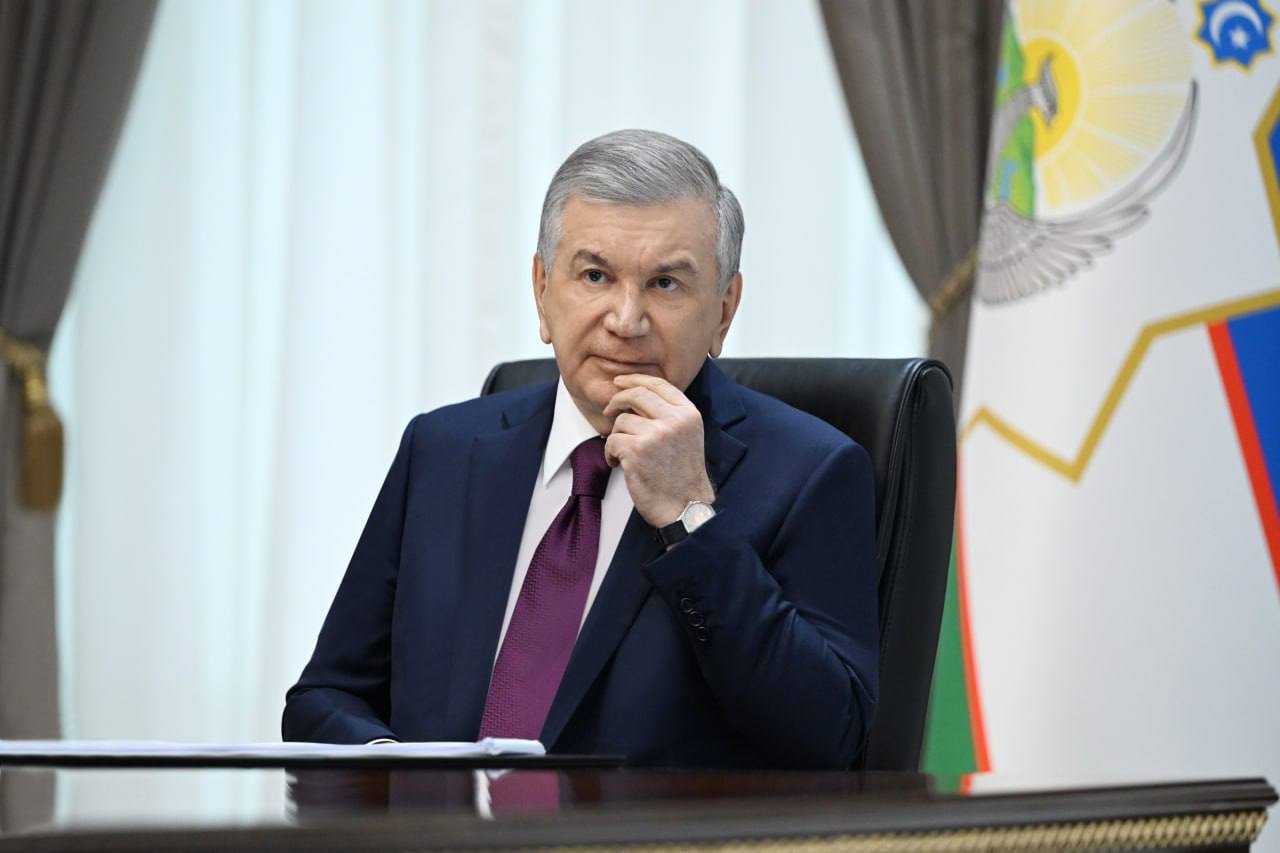During the final day of the Tashkent International Investment Forum, special attention was paid to the role of public-private partnership (PPP) in creating a favorable investment environment. Participants discussed key achievements and prospects for further development of this model in infrastructure and socially significant projects.
Deputy Minister of Economy and Finance Ilkhom Umrzakov said that as of January 1, 2025, the country has signed PPP projects totaling about $ 28 billion. Almost 90% of them are in the energy sector, in particular in the segment of renewable energy sources, which indicates priorities in sustainable development and the transition to a green economy.
Synergy Chief Operating Officer Anand Rohatgi said that the company started operating in Uzbekistan in 2017, becoming a participant in one of the first PPP projects. Today, Synergy's Tashkent office is one of the largest in the company's structure. According to Rohatga, 10 projects have already been successfully implemented, and about 30 more are at the stage of consulting support.
Philippe de Costa, Director of Strategy at TAQA Water Solutions, who also represented the Masdar subsidiary, noted that over the past five to six years, Uzbekistan has built a mature legal and institutional PPP system. This allowed international companies to confidently work within the framework of clearly structured contracts and a transparent procedure for interacting with government agencies.
Other leading experts also took part in the discussion. Mustafa Fahour, Chief Operating Officer of Plenary, highlighted the importance of investing in social infrastructure. He stressed that the construction of hospitals, schools and housing for students is not only a contribution to the economy, but also to the long-term well-being of the population.
Enrico Pinali, Regional Head of Private Sector Development at the Asian Development Bank, recalled that ADB's participation in the development of the Uzbek PPP model began at an early stage. The Bank supported the development of standard contracts that can now be used by local authorities without external support. He noted that the true success of development institutions lies in making themselves unnecessary: when the market is formed, expertise is transferred, and the state can confidently implement initiatives independently.
Ekaterina Miroshnik, Director of the Infrastructure Department for Eurasia at the European Bank for Reconstruction and Development, and Nasser Masoud, Senior Advisor to the CEO of InterHealth Canada, also participated in the discussion. Both experts emphasized the importance of PPPs for infrastructure modernization and sustainable economic growth in the region.
The panel session demonstrated the interest of international business and financial institutions in expanding cooperation with Uzbekistan. The country is perceived as one of the most promising markets in Eurasia in the field of PPP, thanks to an active investment policy, sustainable economic growth and a pragmatic approach to international partnerships.











